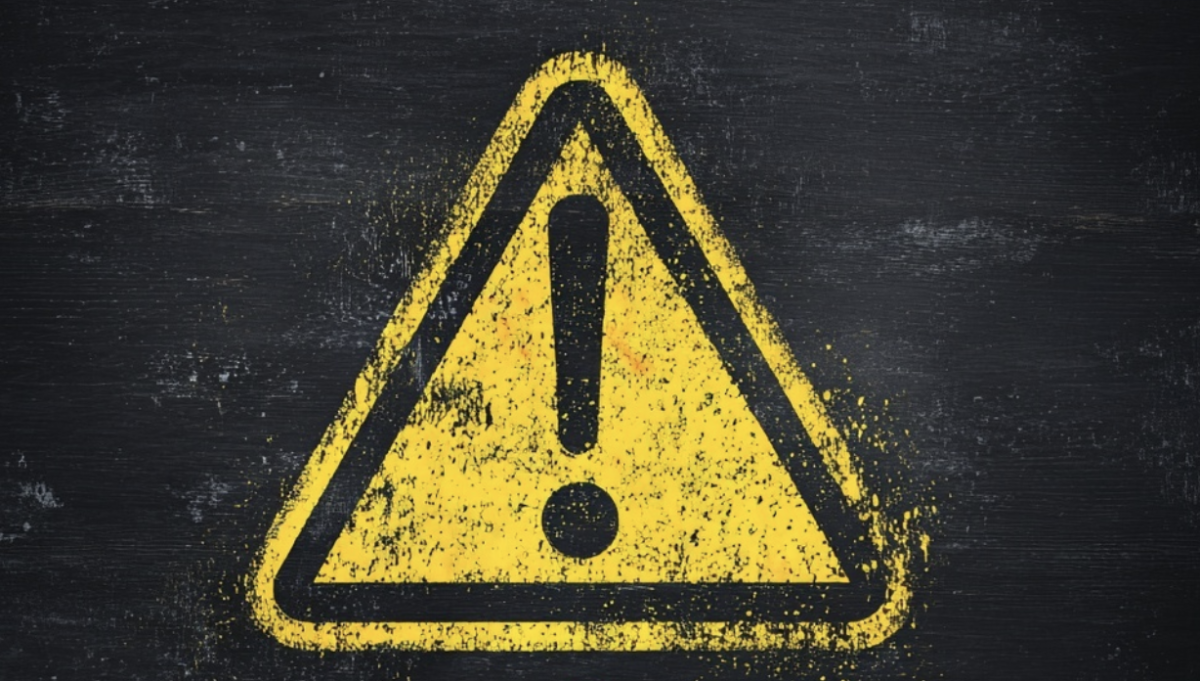
If you’re a seafood lover, you might want to check your pantry before your next fish fry. A nationwide recall has just been announced, and it’s not just a matter of taste—it’s a matter of safety.
Here at The GrayVine, we know that food recalls can be confusing and even a little scary, especially when they involve products you trust.
So, let’s break down what’s happening, why it matters, and what you should do next.
What’s going on?
New Hoque & Sons Inc., a company known for distributing specialty fish products, has issued a recall for its 'Dry Ghoinnya Fish.'
The reason? The fish was found to be uneviscerated—meaning it wasn’t properly cleaned before packaging.
"Uneviscerated fish have been linked to outbreaks of botulism poisoning."
This isn’t just a minor slip-up; it’s a serious food safety concern.
Routine sampling by the New York State Department of Agriculture and Markets, followed by lab analysis, uncovered the problem.
Selling uneviscerated fish is prohibited under New York regulations due to the higher risk of bacterial contamination.
Also read: Highest risk warning issued as mushroom recall expands nationwide
Why it matters—especially for seniors
You might be wondering, “What’s the harm in a little extra fish guts?” Well, uneviscerated fish can harbor dangerous bacteria, including Clostridium botulinum, the culprit behind botulism poisoning.
This rare but serious illness can be especially dangerous for older adults and those with weakened immune systems.
Symptoms may include:
- Blurred or double vision
- Dizziness
- Trouble speaking or swallowing
If left untreated, botulism can lead to paralysis or even death.
The FDA noted that this recall is part of a broader rise in food safety alerts, which now frequently include issues like contamination, damaged packaging, or undeclared allergens.
Major food allergens in the United States
The nine major food allergens in the United States are eggs, milk, fish, wheat, soybeans, crustacean shellfish, sesame, tree nuts, and peanuts.
Also read: Massive recall issued for popular pork jerky over dangerous metal contamination
How to spot the recalled fish
The product was sold in retail stores nationwide and is easy to identify with the following details:
- Product name: Dry Ghoinnya Fish
- Packaging: Clear plastic bag
- Expiration Date: May 19, 2025 (printed at the bottom of the bag)
- UPC Code: 908172635412
If this matches something in your pantry or freezer, read on for next steps.

Also read: FDA issues new recall alert—here’s what to check in your kitchen
What to do if you have the product
The FDA strongly advises consumers not to eat the fish. Cooking or boiling will not eliminate the risk of botulism, as spores can survive high heat.
Instead, return the product to the store where it was purchased for a full refund..
Customers with questions may contact New Hoque & Sons Inc. at (718) 391-0992..
For broader updates on food recalls, visit the FDA’s Recalls, Market Withdrawals, & Safety Alerts page.
"The FDA’s role during a voluntary, firm-initiated, recall is to review the recall strategy, evaluate the health hazard presented by the product, monitor the recall, and as appropriate alert the public and other companies in the supply chain about the recall."
Also read: Could your favorite Coca-Cola drink be contaminated? FDA issues urgent recall warning
How food recalls work
Most food recalls in the US are voluntary, initiated by the company when a problem is discovered..
The FDA monitors the process to ensure the product is removed quickly and public safety alerts are issued..
They also maintain a public listing of recall actions in the FDA Enforcement Report, which tracks what was recalled, why, and when..
Staying safe: tips for seniors during food recalls
- Stay informed: Sign up for FDA recall alerts or check your local health department’s website.
- Check your pantry and freezer regularly: Especially if you buy specialty or imported items.
- Don’t ignore symptoms: Seek medical help immediately if you notice signs of illness.
- Share the news: Let friends or family know—especially if they enjoy similar foods.
Also read: Taco kit mix-up prompts nationwide recall, affecting multiple states
Extra precautions for older adults
As we age, our immune systems naturally become less robust.
That’s why foodborne illnesses—especially ones like botulism—can be more dangerous.
Consider these added safety tips:
- Cook seafood thoroughly, and follow temperature guidelines
- Refrigerate or freeze perishable items right away
- When in doubt, throw it out
Source: YouTube / USA TODAY
Even though food recalls can feel overwhelming, staying informed and knowing what to look for can make all the difference—especially when it comes to protecting your health.
As we get older, small precautions can go a long way in preventing serious illness.
Whether it's checking expiration dates or staying updated on safety alerts, these steps help keep your kitchen a safe and trusted space.
Read next:
- Unexpected recall hits beloved chocolate treat sold in stores across 14 states
- FDA announces nationwide recall of over 580,000 bottles of blood pressure medication
- Salmonella outbreak prompts expanded frozen vegetable recall
Have you ever had to return a recalled product? How do you stay on top of food safety in your home? Share your tips or experiences in the comments—we’d love to hear from you.






